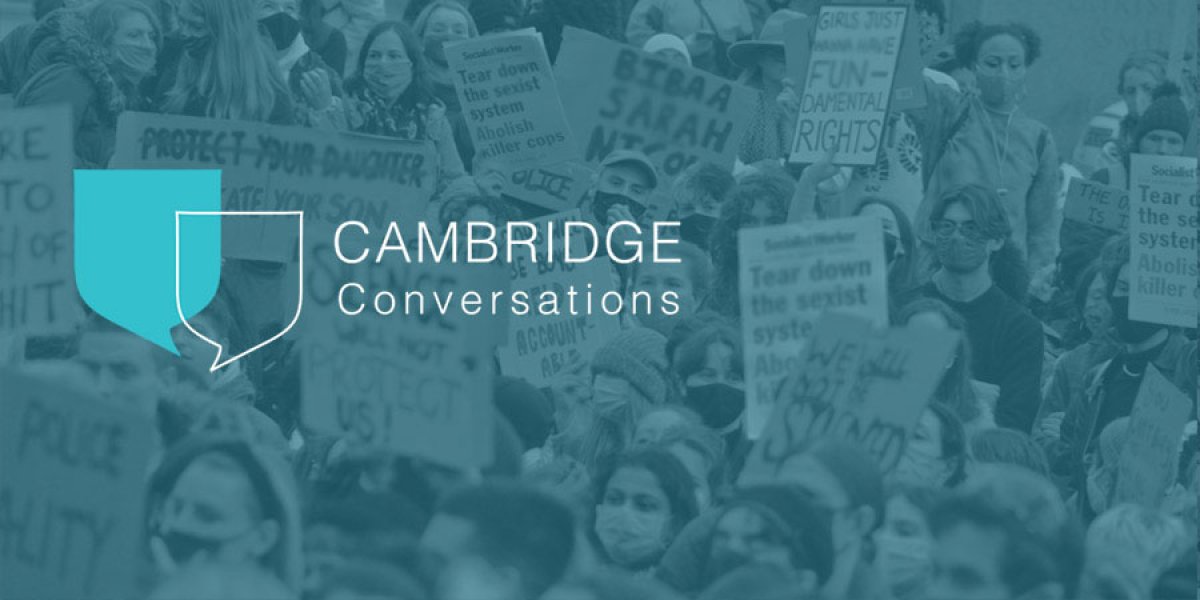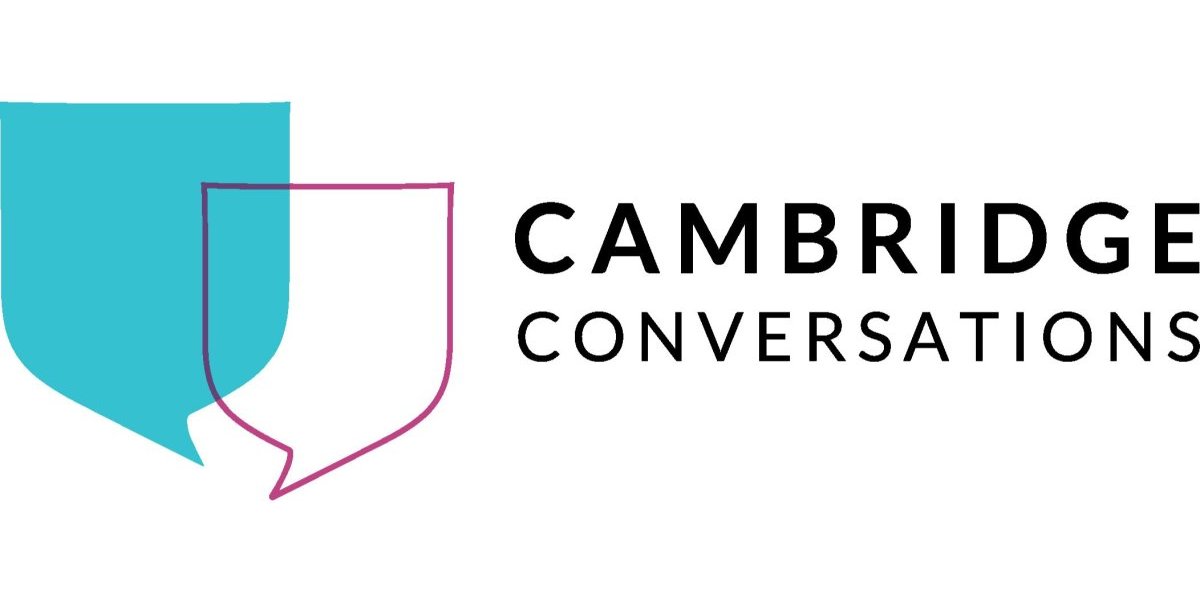Cambridge Conversations: Can our faith in democracy survive the pandemic?
Cambridge Conversations: Can our faith in democracy survive the pandemic?
Recent history has seen apparent cracks forming at the seams of traditionally stable democracies, with faith in democracy – and indeed, in the institution of government itself – ebbing and flowing. The disruption of the past year, in almost every aspect of society and across the globe, appears to have compounded political division and doubts about the process and very idea of democracy.
David Runciman, Professor of Politics and International Studies, with panellists Dr Lucia Rubinelli, Junior Research Fellow in the History of Political Thought at Robinson College and Dr Roberto Foa, Co-Director of the Cambridge Centre for the Future of Democracy, had a dynamic panel discussion about the current state of democracy internationally and its future in a post-pandemic world.
Speakers
Professor David Runciman (Trinity 1985)

Professor David Runciman is a Professor of Politics within the Department of Politics and International Studies (POLIS) at the University of Cambridge. He was Head of the Department between October 2014 and October 2018.
He has written widely about contemporary democracy and the theory of the state and his books include How Democracy Ends (2018) and Where Power Stops: The Making and Unmaking of Presidents and Prime Ministers (2019).
He is the founder and the host of the popular weekly podcast Talking Politics and he also presents History of Ideas, which explores key thinkers and texts behind modern politics. He appears regularly on BBC radio and is a contributing editor at the London Review of Books.
Dr Roberto Foa

Dr Roberto Stefan Foa is a University Lecturer in politics and public policy, Co-Director of the Cambridge Centre for the Future of Democracy, and Director of the YouGov-Cambridge Centre for Public Opinion Research. He obtained his BA from the University of Oxford and PhD from Harvard University.
He is currently a Principal Investigator for the seventh round of the World Values Survey in Indonesia and Bangladesh, a fellow of the Electoral Integrity Project, and a member of the Oxford Altius Society. He has worked for organisations including the World Bank, the United Nations, and the OECD.
Roberto’s articles have been published in journals including Political Geography, the European Journal of Political Research, Governance, and the Journal of Democracy. They include three articles rated by the Web of Science as among the top one per cent highest-impact publications in their fields. He has written for the Financial Times, Wall Street Journal, New York Times, Washington Post, Foreign Policy, and Foreign Affairs.
Dr Lucia Rubinelli (Magdalene 2013)

Dr Lucia Rubinelli is a Junior Research Fellow in the History of Political Thought at Polis and Robinson College. She was formerly a Fellow in Political Theory at the London School of Economics. She received her PhD from the University of Cambridge in 2017 and holds degrees from the École des hautes études en sciences sociales (Paris), the London School of Economics and the Università di Trieste. Starting in July 2021, she will be Assistant Professor in Politics at Yale.
Lucia’s primary research interests include the history of 19th and 20th-century political thought, and political and constitutional theory, with a special interest in reconstructing the variety of ways in which the principle of popular power has been articulated since the French Revolution. Her first book, titled Constituent Power: A History (CUP, 2020), offers a history of the language of constituent power in relation to ideas of national and popular sovereignty. In her next research project, she will explore how 19th-century debates regarding plebiscites and referenda evolved in the 20th century.
Booking information
Booking for this event is now closed.

